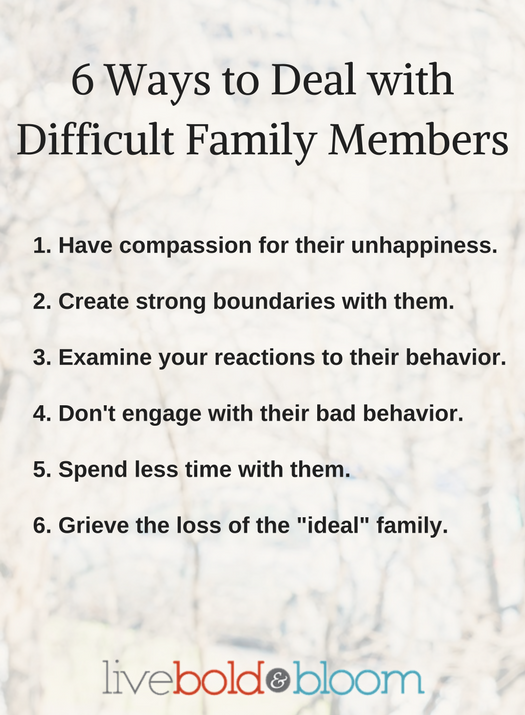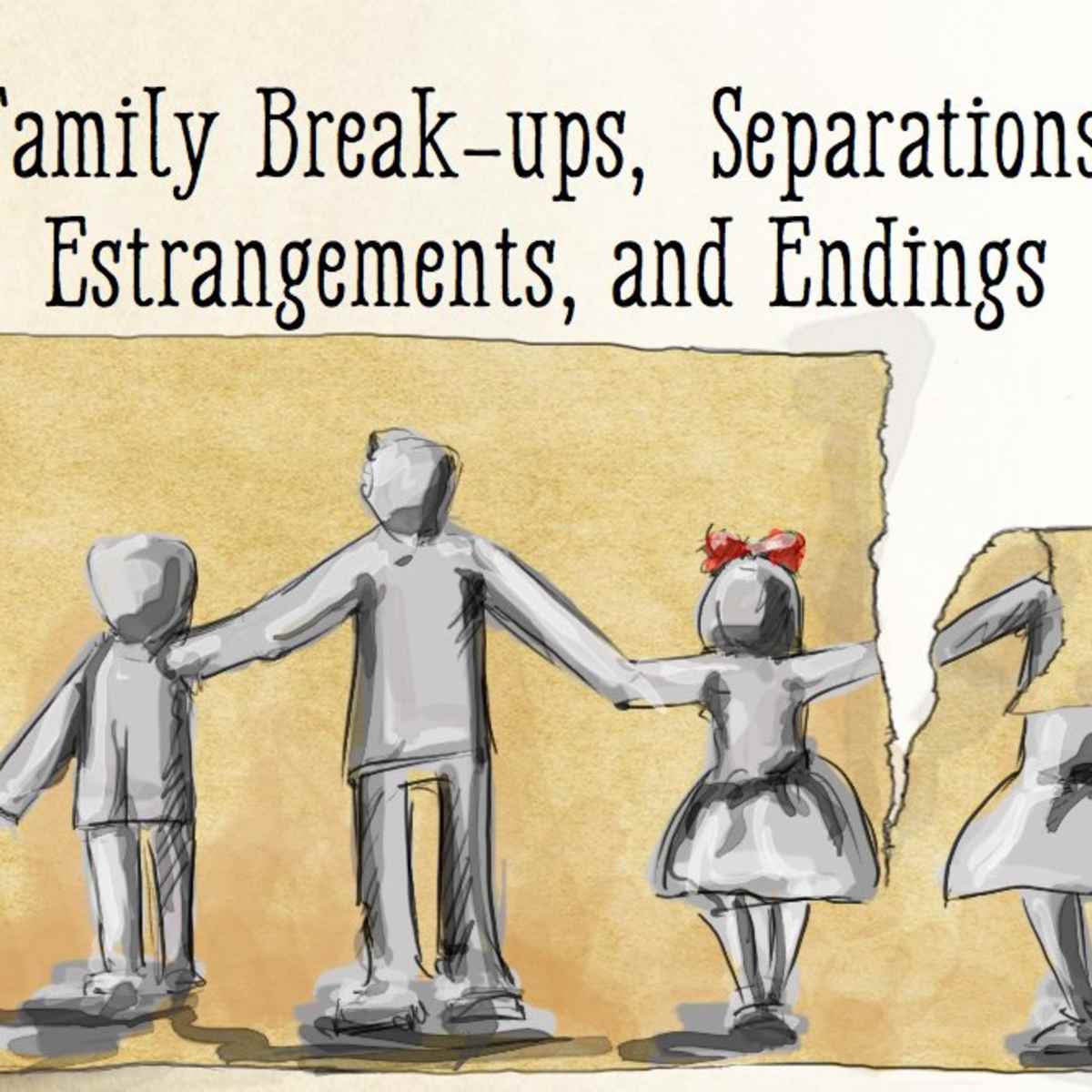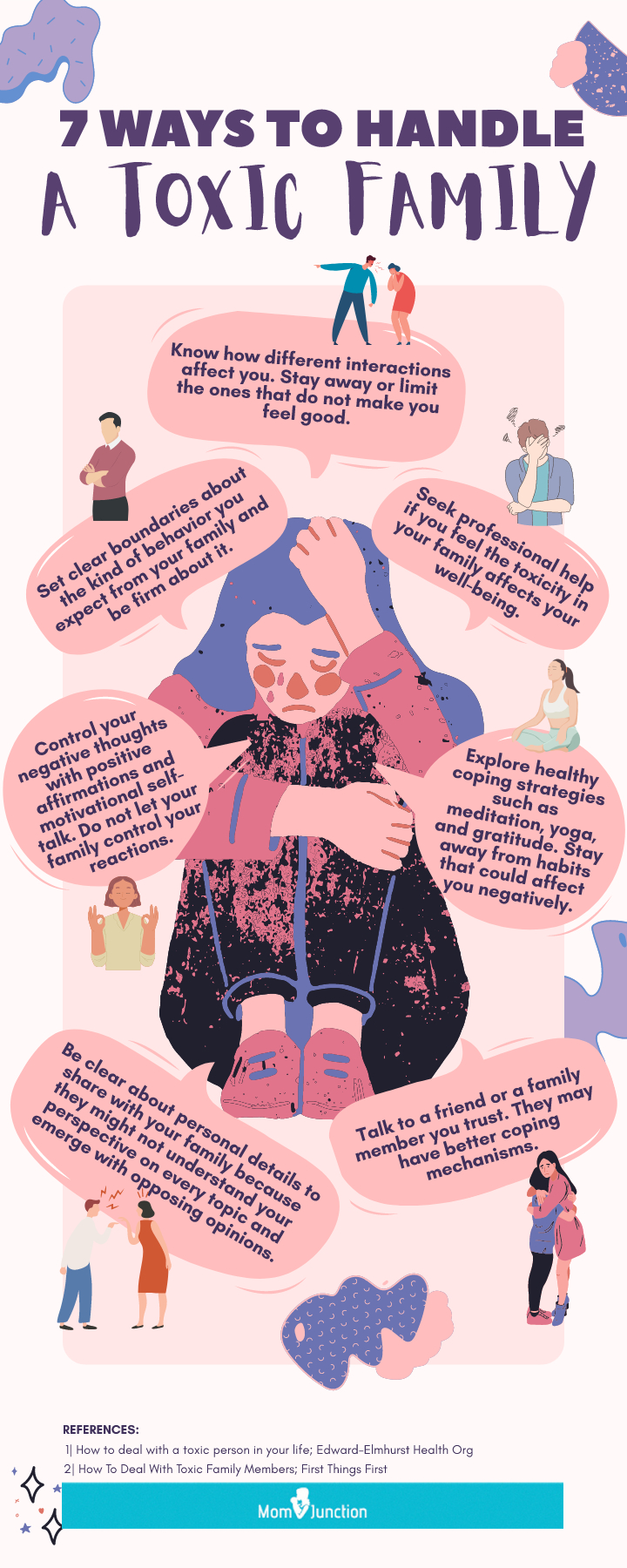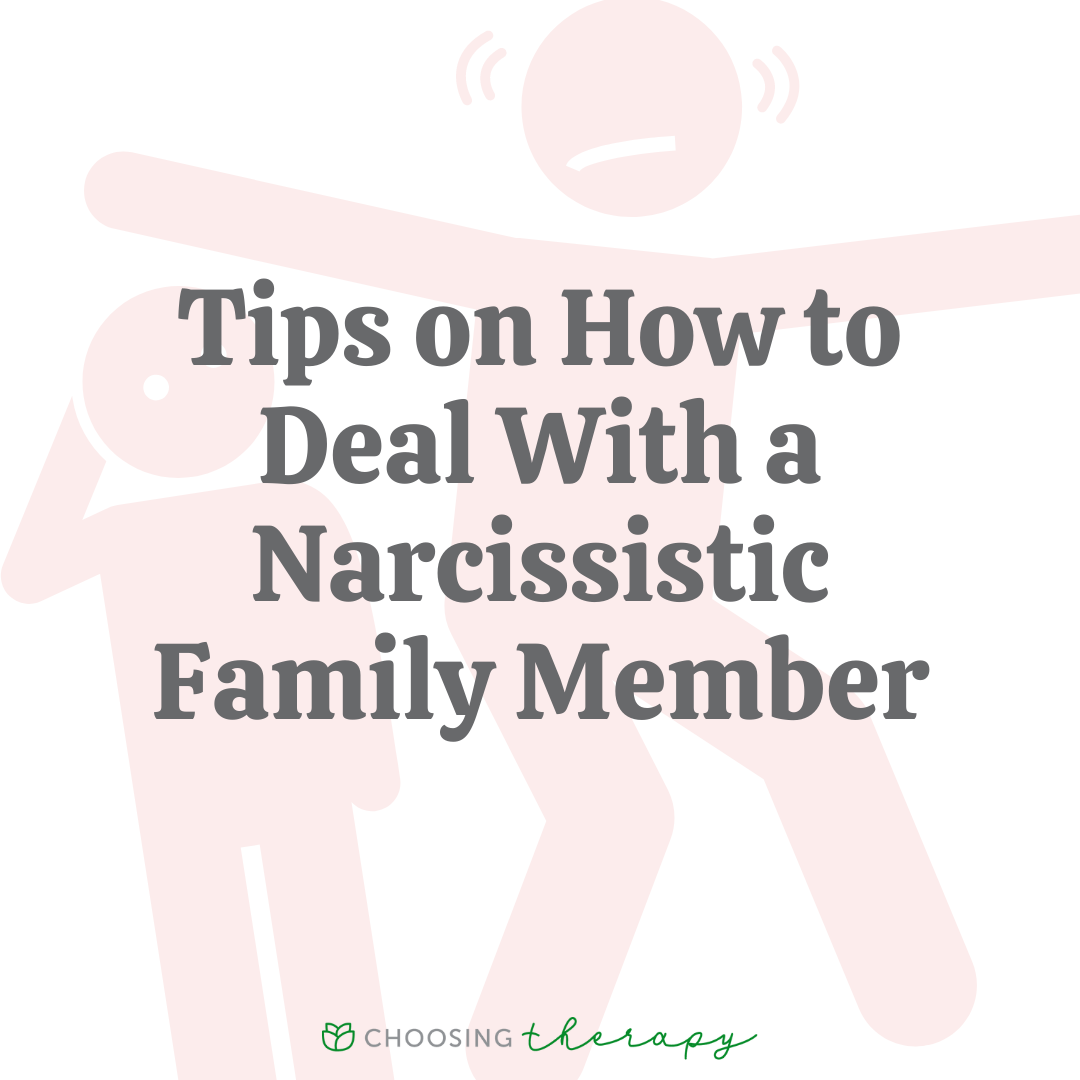How To Deal With A Negative Family Member

Family gatherings looming? Constant negativity from a relative threatening to derail your holiday cheer? You're not alone. Dealing with perpetually negative family members requires strategy, boundaries, and a focus on self-preservation.
This guide provides actionable steps to navigate those challenging interactions, ensuring your well-being remains intact. It offers methods to disarm negativity, protect your emotional space, and foster healthier family dynamics. Let's prepare you to face these challenges head-on.
Recognize and Acknowledge the Pattern
Identify the source: Who consistently exhibits negative behavior? Understanding the specific person and their patterns is the first step.
Note the triggers. What topics or situations tend to spark their negativity?
Become aware of your own reactions. This will help you to control how you respond and disengage the cycle.
Set Firm Boundaries
Limit your exposure: Reduce the amount of time you spend with the negative individual. Suggest a group setting so the focus doesn't fall on you.
Establish conversational boundaries. Politely steer the conversation away from negative subjects. Change the subject completely or say, "I'd rather not discuss that."
Don't engage in arguments. Refuse to be drawn into their negativity. Do not defend or try to justify yourself as that may further drag the conversation.
Employ Strategic Communication
Practice empathetic listening. Acknowledge their feelings without necessarily agreeing with them. Try saying, "I understand you're frustrated."
Use neutral responses. Keep your replies short and non-committal. A simple "Okay" or "I see" can diffuse the situation.
Focus on facts, not opinions. When discussing potentially contentious topics, stick to verifiable information.
Prioritize Your Self-Care
Protect your energy: Schedule downtime before and after interactions with the negative person. This allows you to recharge and de-stress.
Engage in relaxing activities. Exercise, meditation, or spending time in nature can help you manage stress levels. Listen to music or read a book.
Seek support from friends or a therapist. Talking about your experiences can provide valuable perspective and coping strategies. A therapist can provide professional tools in dealing with it.
Reframe Your Perspective
Recognize that you cannot change the other person. Focus on what you *can* control: your reactions and boundaries.
Practice gratitude. Focus on the positive aspects of your life to counteract the negativity. This helps maintain a balanced outlook.
Remember their negativity is not a reflection of you. Don't take their comments personally. Consider it a reflection of their own internal state.
Document and Seek External Help if Necessary
If the negativity escalates to abuse or harassment, document all incidents. Keep a record of dates, times, and details of the behavior.
Consult with a mental health professional or legal advisor. They can offer guidance on how to handle abusive or harmful situations. Get assistance to create and enforce a restraining order when necessary.
Consider family therapy. If the entire family is willing, a therapist can help address underlying issues and improve communication.
Resources
National Alliance on Mental Illness (NAMI): Offers support and resources for individuals and families dealing with mental health challenges.
The Gottman Institute: Provides relationship advice and resources for improving communication and resolving conflict.
Remember: Your well-being is paramount. Setting boundaries and prioritizing self-care are essential when dealing with negative family members. You deserve to enjoy peace and positivity in your life.
Ongoing research continues to explore effective strategies for navigating difficult family dynamics. Consult with professionals for tailored advice.


















